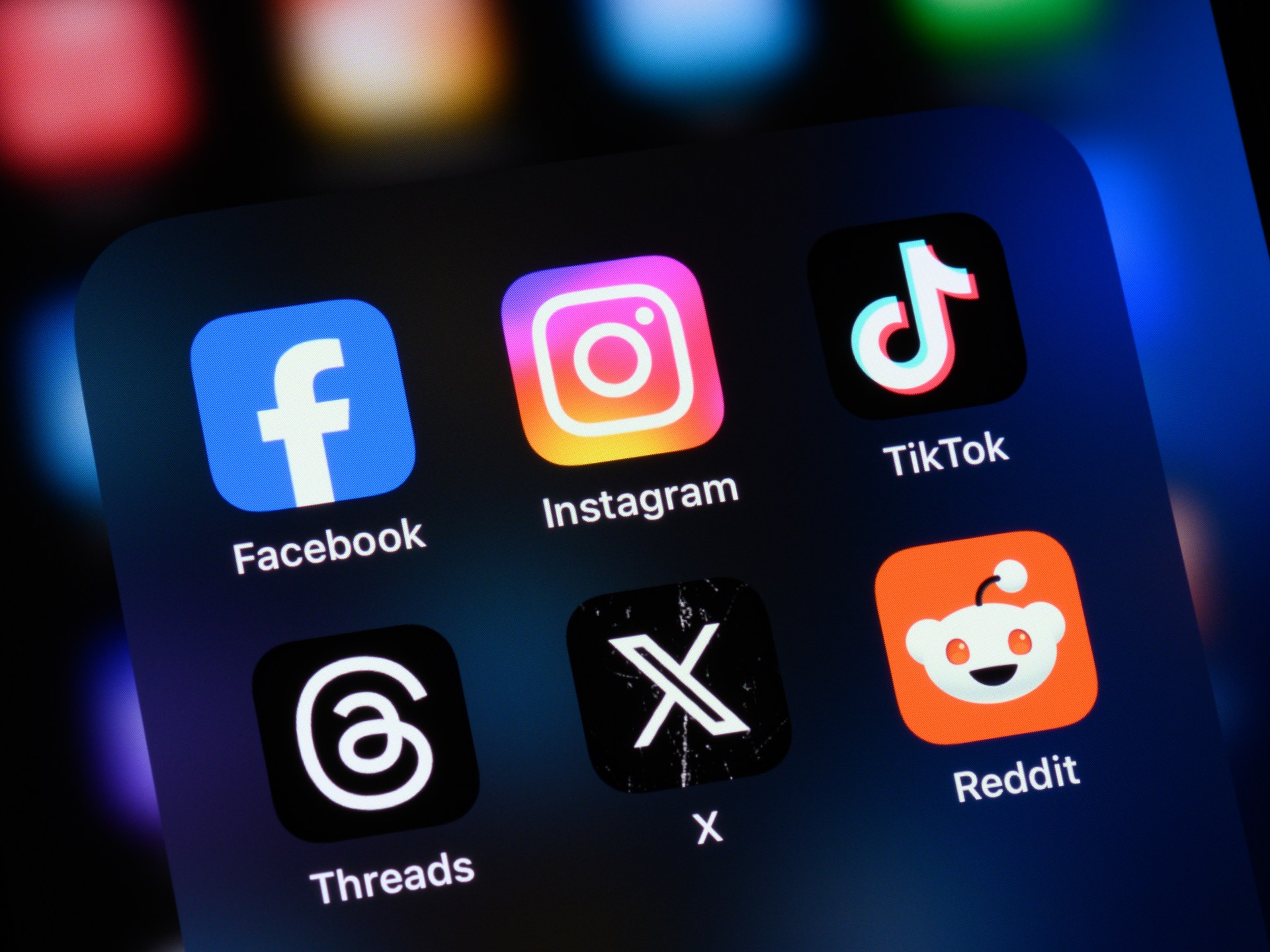Home / Technology / AI Wants Your Data: Big Tech's Privacy Race
AI Wants Your Data: Big Tech's Privacy Race
24 Nov
Summary
- Meta, Google, and LinkedIn are integrating AI features using user data.
- US lacks comprehensive federal data privacy laws for tech firms.
- Opt-out options for AI data use are often hidden or unavailable.

Leading technology firms are aggressively developing AI products, prompting scrutiny over the use of personal data for training these tools. Companies such as Meta, Google, and LinkedIn have introduced AI features that can access user profiles and emails. While Google and LinkedIn permit users to opt out, Meta's AI integration offers no such option, raising concerns about data privacy and user consent.
The absence of comprehensive federal data privacy laws in the United States complicates matters for consumers. Experts suggest that meticulously reading terms and conditions is the most reliable, albeit tedious, method for understanding data usage. Even when opt-out mechanisms exist, they are frequently difficult to locate within platform settings, exacerbating user confusion and potential fear.
While some platforms are introducing AI features that customize content or advertisements based on user interactions, the extent of data collection remains a significant concern. Even users who delete their accounts may find their past public data still utilized for AI training. The situation highlights a growing tension between technological advancement and individual privacy rights in the digital age.




